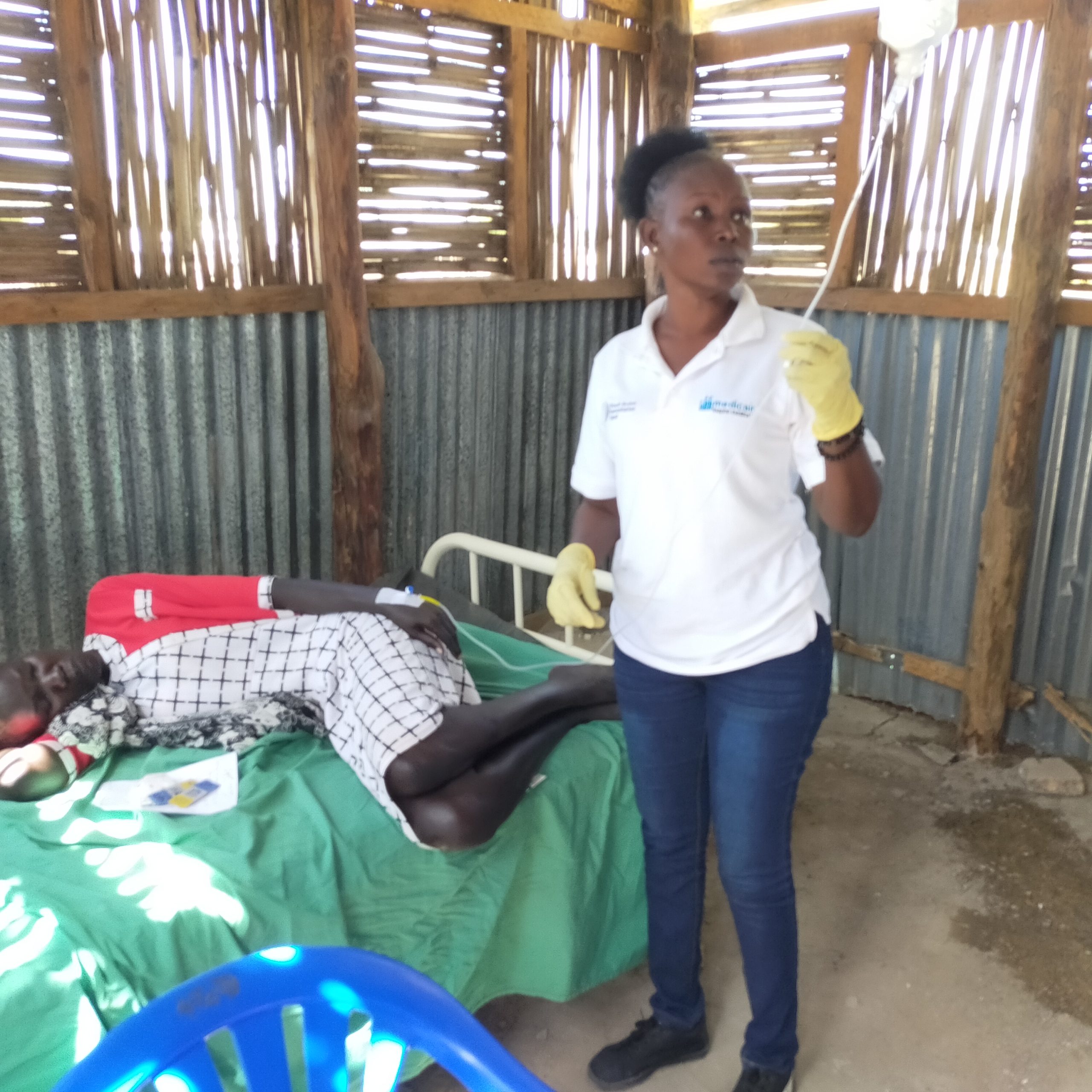Sudan is facing a major crisis of internally displaced people (IDPs) and returnees. The country has been plagued by conflict and violence since its independence in 2011, and this has forced millions of people to flee their homes.
The number of IDPs in South Sudan is estimated to be 2.2 million, according to the United Nations Office for the Coordination of Humanitarian Affairs (OCHA). This means that one in every five people in South Sudan is displaced. The majority of IDPs are women and children, and they are often living in overcrowded and unsanitary conditions.
The number of returnees to South Sudan is also increasing. In 2022, an estimated 150,000 people returned to the country. However, many returnees are finding it difficult to rebuild their lives, and they are often facing poverty, hunger, and lack of access to basic services.
The IDPs and returnees crisis in South Sudan is a major challenge to the country’s stability and development. The international community must urgently step up its support for the crisis in order to prevent a humanitarian catastrophe.
Here are some of the key challenges facing IDPs and returnees in South Sudan:
- Access to food and water: Many IDPs and returnees do not have enough food or water to meet their basic needs. This is due to a number of factors, including the ongoing conflict, the lack of infrastructure, and the high cost of food.
- Access to healthcare: The health system in South Sudan is weak, and many IDPs and returnees do not have access to healthcare. This is a major concern, especially for women and children.
- Access to education: Many IDPs and returnees have been out of school for years, and they face challenges in accessing education. This is a major obstacle to their long-term recovery.
- Protection from violence: IDPs and returnees are often at risk of violence, including sexual violence. The lack of security is a major challenge to their safety and well-being.
- Livelihood opportunities: Many IDPs and returnees have lost their livelihoods, and they are struggling to find ways to support themselves and their families. This is a major challenge to their long-term recovery.
The international community is providing some assistance to IDPs and returnees in South Sudan. However, more needs to be done to address the scale of the crisis. The international community must increase funding for humanitarian assistance, and it must also work to address the root causes of the conflict in South Sudan.
What can you do to help?
There are a number of things you can do to help the IDPs and returnees crisis in South Sudan. These include:
- Donate to humanitarian organizations: There are a number of humanitarian organizations working to help IDPs and returnees in South Sudan. You can donate to these organizations to help them provide food, water, healthcare, education, and other essential services.
- Raise awareness about the crisis: Talk to your friends, family, and colleagues about the crisis in South Sudan. Encourage them to get involved and to donate to humanitarian organizations.
- Press your government to take action: Contact your government representatives and urge them to increase funding for humanitarian assistance to South Sudan. You can also urge them to work to address the root causes of the conflict in South Sudan.
By taking these steps, you can help to make a difference in the lives of IDPs and returnees in South Sudan.

